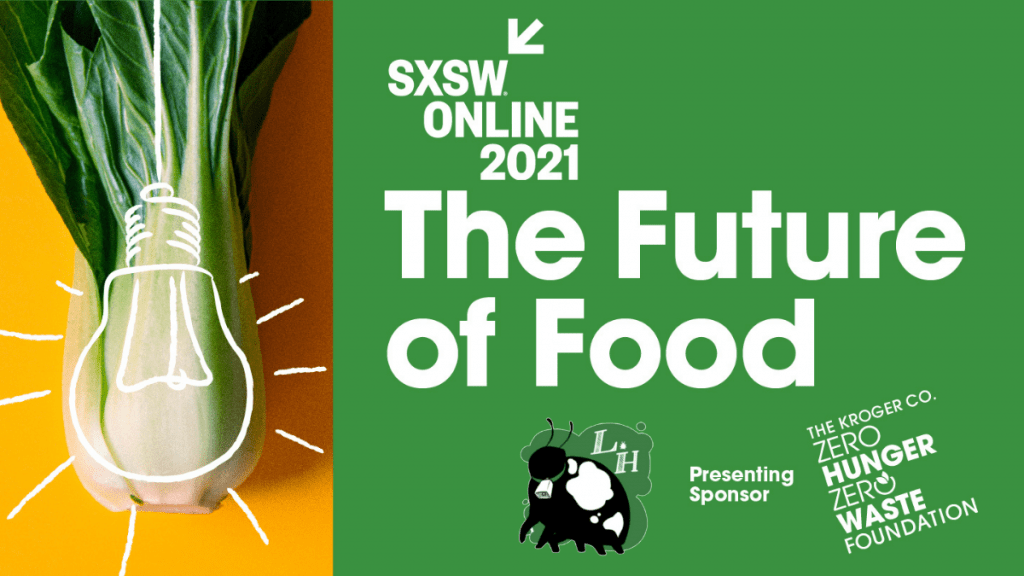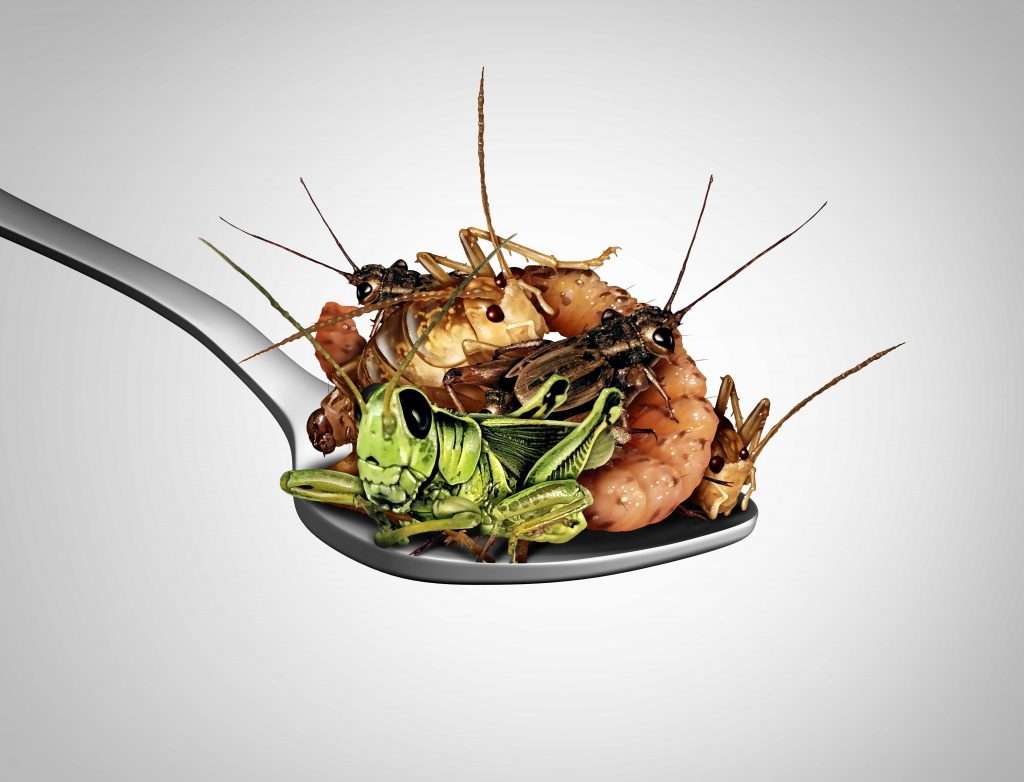SXSW Interactive typically offers a plethora of panels with guest speakers that have traveled to Austin to offer their expert opinion in this annual festival. Due to the COVID-19 pandemic, the normally massive in-person festival returned with a fully online, virtual event. These panels and events normally present an opportunity to see the experts live and in person with the potential of connecting with other festival attendees. However, this year’s festival was limited to laptop screens.
While this year’s festival was limited to an online-only experience, there were multiple opportunities to enjoy expert panelists speaking on a range of important and informative topics that shape our lives and our future. Food panels have always been a subjective of important discussion on multiple panels each year at SXSW, and this year was no different. While attendees were not able to enjoy the breakout after-parties filled with free tacos and drinks, each panel offered a collection of outstanding information on the future of food, agriculture and the policies that affect our consumption.

Jump Ahead To
Aquaculture, Food Systems and Climate Change
In an all-star panel lead by chef Andrew Zimern, a group of experts discuss the context of the global climate crisis and the global health crisis, with an immense challenge humanity faces is that of transforming our global food systems. Aquaculture- the farming of aquatic animals and plants, is vital as the planet’s fastest-growing food production system. Seafood is one of the healthiest proteins to consume and one of the most efficient and sustainable to produce. Done well, aquaculture can be a powerful force for ecological and social good. The moderated panel of experts will discuss aquaculture’s key role.
The Future of Food @ SXSW
In the next 30 years, we will need to feed a growing global population with diminishing resources and a changing climate. What future foods will we grow and eat on Earth to help people thrive? How has the pandemic highlighted the complexity and fragility of our global food system, and how can we create a more efficient and equitable food system for the future?
The Future of Food @ SXSW will take place between 10 a.m. and 6 p.m. (CDT) on Thursday, March 18 through Sunday, March 21, online. The series of virtual events will bring together a diverse group of experts, leaders and innovators that will challenge us to think about how food and agricultural production will need to adapt to new pressures, and about technologies and innovations that will help us feed the world while we combat climate change and conserve the earth’s precious natural resources. To Attend: [https://bit.ly/
Hemp Forward: Regulation and Free Market Collide
Hemp is undergoing a worldwide resurgence in legalization and popularity, and it’s value is only beginning to be explored. From food to fashion, industrial applications to personal care, hemp holds great promise as a versatile, affordable and sustainable solution to global challenges. Key to the re-adoption of hemp and rapid industry innovation is acceptance by consumers, regulators and retailers alike. This session will tackle the future of hemp from diverse perspectives encompassing inter-industry to retail giants and government. Join Senator Ron Wyden (OR), Eric Steenstra from Vote Hemp and industry experts, as we tackle competing agendas head on and chart a bold new course for the hemp marketplace.
Bugs And Kelp, Feeding Our Post-Pandemic Planet
This panel highlights the premise of building a better food system in a post-pandemic world, using bugs and kelp, and how it might just be our best bet to substantially change how we feed people on a global scale. Alternative crops like kelp, algae, and seaweed, or micro-livestock like farmed insects are often overshadowed by flashier techno-food solutions with wild valuations, but both are nutritionally dense and resource-efficient methods to grow food that can be deployed today, with historic and cultural roots worldwide. We’ll explore industry hurdles and growth opportunities in this nascent space; look at broader consumer perceptions driving larger companies to take stock of alternative proteins, and what the future holds for farmers and founders building this new market.

What Is Taste?



